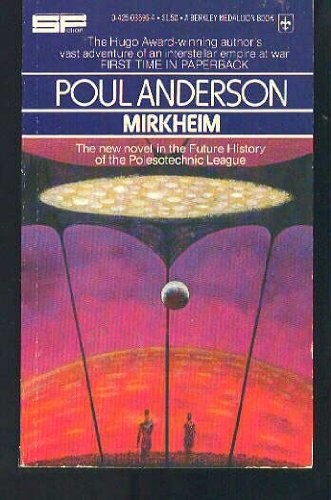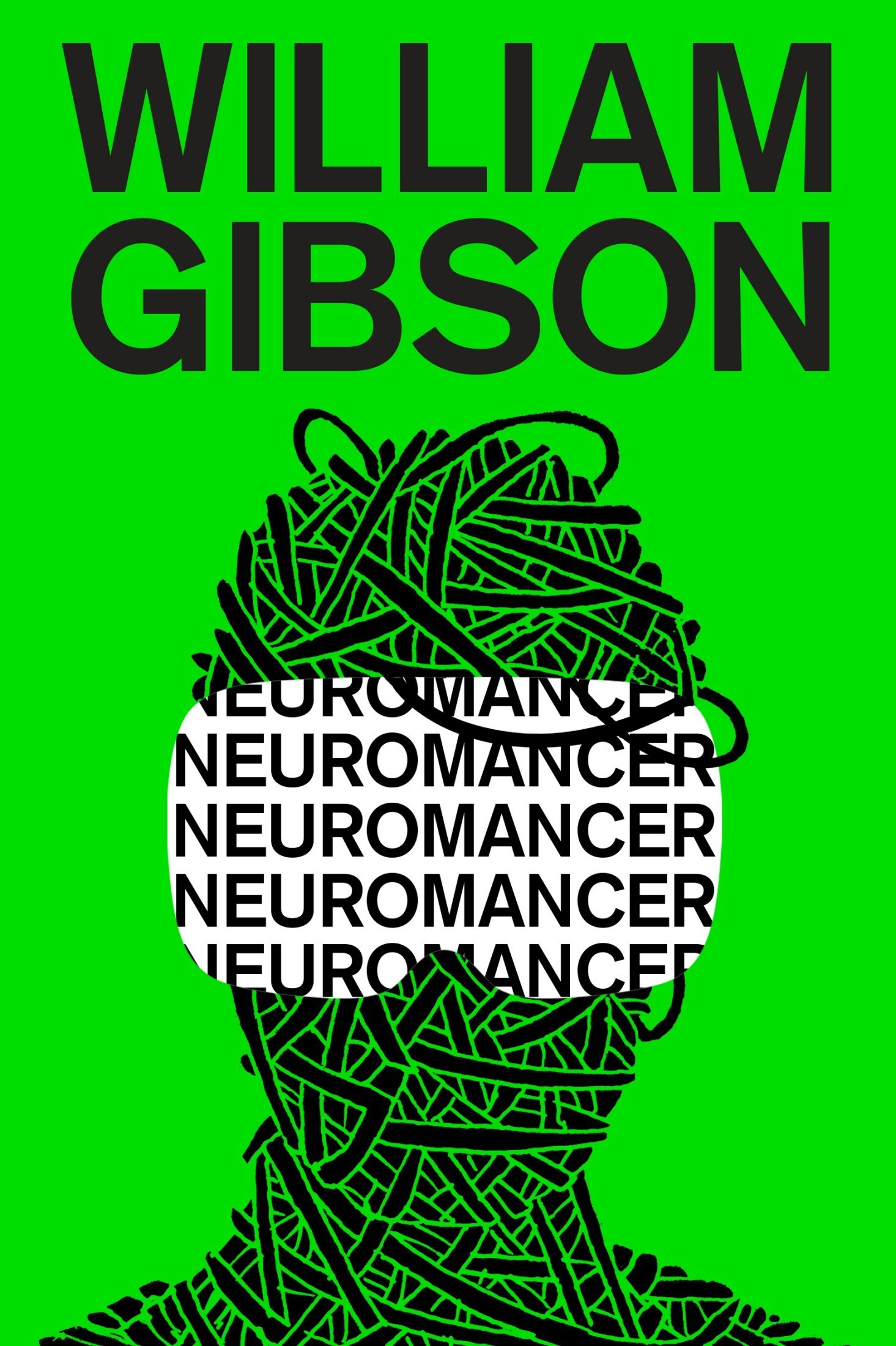The actual meat of the book is quite short, especially the Scroll of Heaven which is barely 3 paragraphs long. It's a profound look into the mindset of someone who is a teacher, knows how to teach, is deeply skilled in his craft, yet still struggles to convey the finer points surrounding what amounts to your own bodily motion. At the same time, you are left with the understanding that what you've read are essentially the tutoring lessons of a serial killer; makes you think.
Despite moral questions of who Musashi Miyamoto was, this book tells a story without ever telling a story. It conveys emotion with zero emotion.
I'm sure there is no end of cringe-lord wannabe "swordsmen" in the world who view this as a guiding light for how they operate life, but it is distinct and powerful despite that. Though it is largely on the …










